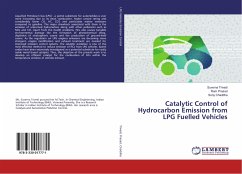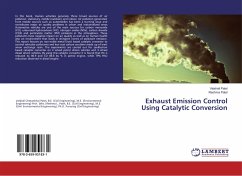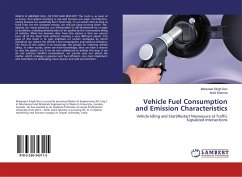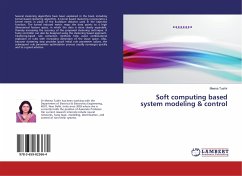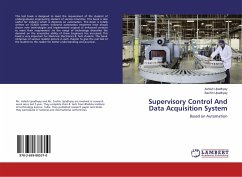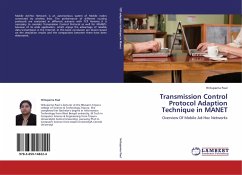Liquefied Petroleum Gas (LPG) - a petrol substitute for automobiles is ever more increasing due to its clean combustion, higher octane rating and considerably lower CO, HC, CO2 and particulate matter emissions compared to gasoline. The major drawback associated with them is the emission of unburned hydrocarbon along with other pollutants such as NOx and CO. Apart from the health problems, HCs also causes tangible environmental damage like the formation of photochemical smog, depletion of stratospheric ozone and the production of ground-level ozone. As the regulation on LPG engines emissions are becoming more stringent, engine modification and exhaust treatment are needed for improved emission control systems. The catalytic oxidation is one of the most effective method to reduce emission of HCs from LPG vehicles. Spinel oxides have been extensively investigated as a potential substitute for costly noble metal based catalysts. Thus, the objective of the present work is to develop an efficient catalyst for the combustion of HCs within the temperature window of vehicles exhaust.
Bitte wählen Sie Ihr Anliegen aus.
Rechnungen
Retourenschein anfordern
Bestellstatus
Storno

